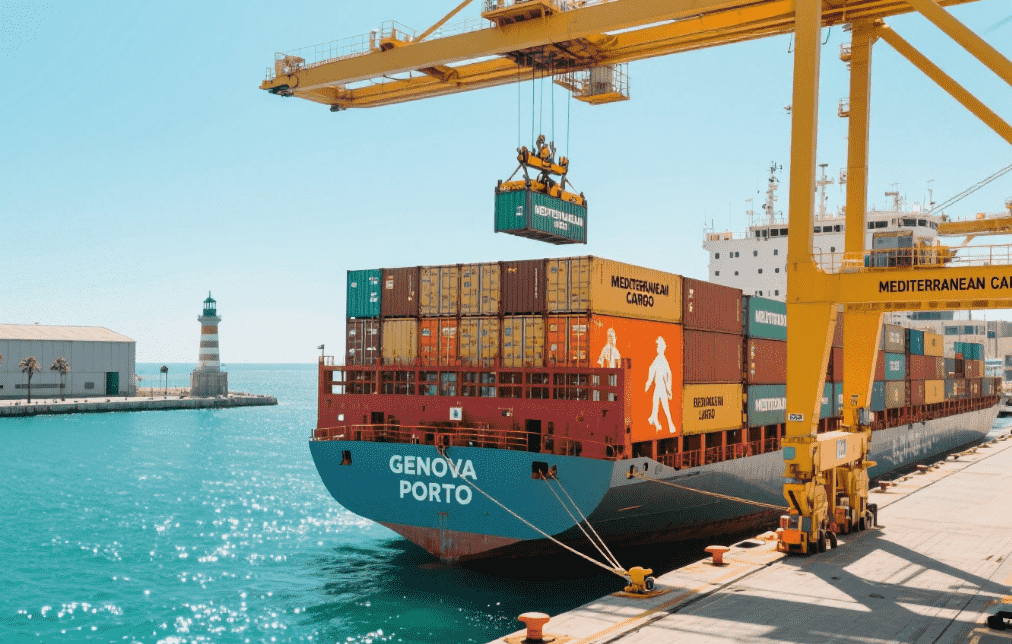
For businesses and individuals engaged in international trade between China and Ghana, understanding shipping timelines is crucial for planning inventory, managing costs, and ensuring customer satisfaction. The duration of shipping from China to Ghana depends on multiple factors, including the chosen logistics solutions, shipping method, route efficiency, and customs clearance processes. As a trusted cargo agent specializing in freight services from China to Ghana, this guide will explore the key variables affecting transit times and provide actionable insights to optimize your supply chain.
1. Overview of Shipping From China to Ghana
Ghana, a thriving economy in West Africa, imports a significant volume of goods from China, ranging from electronics and machinery to textiles and consumer products. The shipping corridor between these two nations is well-established, with multiple freight service options available to cater to diverse needs. However, transit times vary widely based on the mode of transport, service level, and external factors like port congestion or regulatory changes.
To navigate this complexity, partnering with a reliable logistics solutions provider is essential. A competent cargo agent can streamline the process, offering expertise in documentation, route optimization, and risk mitigation, ultimately reducing delays and costs.
2. Key Factors Influencing Shipping Duration
Several elements impact how long it takes to ship goods from China to Ghana:
A. Shipping Method
The primary modes of transport are sea freight and air freight, each with distinct timelines:
- Sea Freight: The most cost-effective option for bulky or heavy cargo, sea freight typically takes 30–50 days from major Chinese ports (e.g., Shanghai, Shenzhen) to Ghana’s Tema Port. This includes transit time, port handling, and customs clearance.
- Air Freight: Ideal for urgent or high-value shipments, air freight reduces transit time to 5–10 days. However, it is significantly more expensive and better suited for smaller parcels or time-sensitive goods.
B. Route and Carrier Efficiency
Direct shipping routes minimize delays, but not all carriers offer non-stop services. Some freight forwarders may route shipments through intermediate ports, adding days to the journey. Choosing a carrier with a proven track record in the China-Ghana corridor ensures reliability.
C. Customs Clearance
Ghanaian customs procedures can be time-consuming, especially if documentation is incomplete or duties/taxes are disputed. A skilled cargo agent can expedite clearance by ensuring all paperwork—such as bills of lading, commercial invoices, and certificates of origin—meets Ghanaian standards.
D. Seasonal Demand and Port Congestion
Peak seasons (e.g., holidays, harvest periods) may lead to port backlogs, delaying cargo unloading. Similarly, adverse weather conditions or labor strikes can disrupt schedules. Proactive planning with a freight service provider helps mitigate these risks.
3. Estimated Transit Times by Shipping Method
Let’s break down the typical timelines for different logistics solutions:
A. Full Container Load (FCL) via Sea Freight
- Departure Port: Shanghai, China
- Destination Port: Tema, Ghana
- Transit Time: 35–45 days
- Additional Time: 5–7 days for customs clearance and inland transport to final destination.
FCL is ideal for large shipments, offering cost savings and reduced risk of damage compared to shared containers.
B. Less Than Container Load (LCL) via Sea Freight
- Transit Time: 40–55 days
- Additional Time: 7–10 days for consolidation/deconsolidation at warehouses.
LCL suits smaller shipments but involves longer handling times, which may delay delivery.
C. Air Freight
- Standard Service: 7–10 days
- Express Service: 3–5 days (at a premium cost)
- Additional Time: 1–3 days for airport-to-warehouse delivery.
Air freight is optimal for perishables, medical supplies, or products with high demand elasticity.
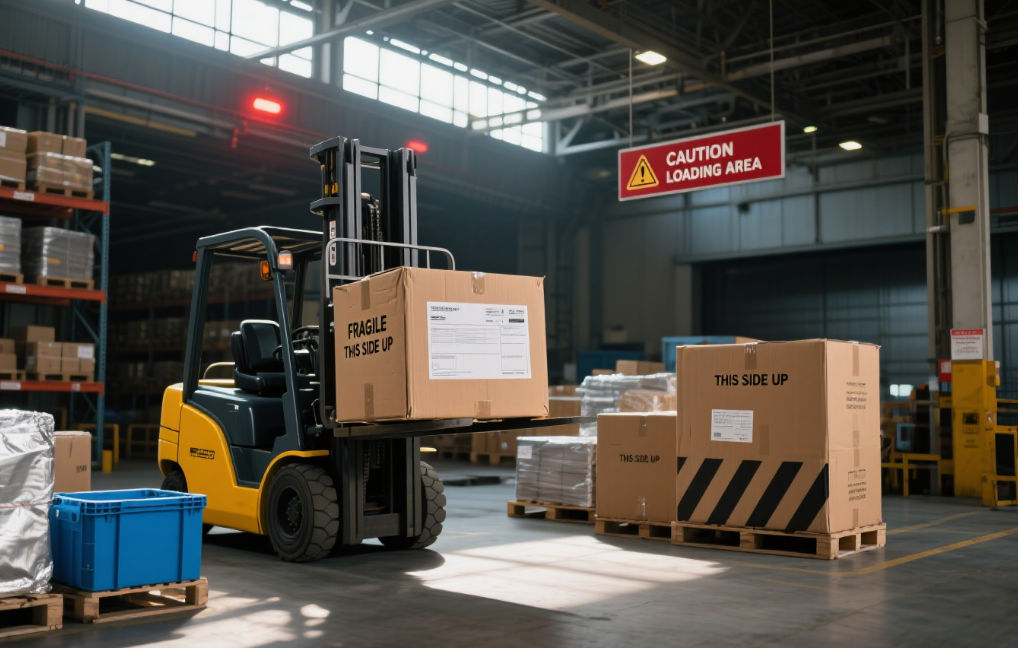
4. Choosing the Right Freight Service Provider
Selecting a partner for your China-Ghana shipments requires evaluating the following:
A. Expertise in Regional Regulations
A knowledgeable cargo agent understands Ghana’s import policies, including prohibited items, duty rates, and tax exemptions (e.g., for raw materials or humanitarian aid).
B. Network and Infrastructure
Providers with local offices in China and Ghana can offer end-to-end visibility, from pickup to final delivery. This is particularly valuable for managing unforeseen challenges like customs inspections or route diversions.
C. Technology Integration
Modern logistics solutions leverage tracking systems, real-time updates, and automated documentation to enhance transparency. Ensure your provider offers digital tools to monitor shipments at every stage.
D. Cost Transparency
Beware of hidden fees, such as demurrage charges or storage costs at ports. A reputable freight service provider will offer clear pricing structures aligned with your budget.
5. Case Study: Streamlining Shipments with Winsail Logistics
A Ghanaian electronics retailer faced recurring delays due to inconsistent shipping schedules and poor customs coordination. By partnering with Winsail Logistics, they adopted a tailored logistics solutions package combining FCL sea freight with pre-cleared documentation services. This reduced their average transit time from 50 to 38 days and cut customs-related delays by 60%.
This example underscores the value of a proactive cargo agent in optimizing supply chains. For more information, visit Winsail Logistics.
6. Tips to Expedite Shipping from China to Ghana
- Plan Ahead: Account for potential delays during peak seasons or regulatory changes.
- Optimize Packaging: Use durable materials to minimize damage during long-haul transport.
- Leverage Incoterms: Clarify responsibilities (e.g., FOB, CIF) with suppliers to avoid disputes.
- Stay Informed: Monitor Ghana’s trade policies and port updates through your freight service provider.
7. Future Trends in China-Ghana Logistics
The logistics landscape is evolving with advancements like:
- Digital Freight Platforms: AI-driven tools for dynamic routing and cost optimization.
- Sustainable Practices: Adoption of eco-friendly packaging and carbon-neutral shipping options.
- Blockchain Technology: Enhancing transparency in documentation and reducing fraud risks.
Businesses that adapt to these trends will gain a competitive edge in the China-Ghana trade corridor.
Conclusion
Shipping from China to Ghana involves balancing cost, speed, and reliability. While sea freight remains the backbone of trade, air freight offers unmatched speed for urgent needs. By partnering with a seasoned cargo agent and leveraging advanced logistics solutions, businesses can navigate complexities, minimize delays, and build resilient supply chains.
For personalized guidance on your China-Ghana shipments, consult a trusted freight service provider today. With the right strategy, your cargo will reach its destination efficiently, empowering your business to thrive in global markets.
-
 Ocean Lcl Freight Service Inconel 625 Wire from China to Chennai2025-09-30
Ocean Lcl Freight Service Inconel 625 Wire from China to Chennai2025-09-30 -
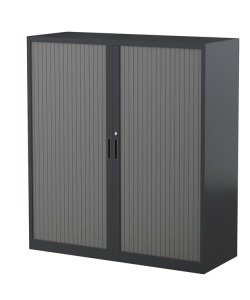 Ocean Freight Service Cabinet Door from China to Dar Es Salaam2025-09-29
Ocean Freight Service Cabinet Door from China to Dar Es Salaam2025-09-29 -
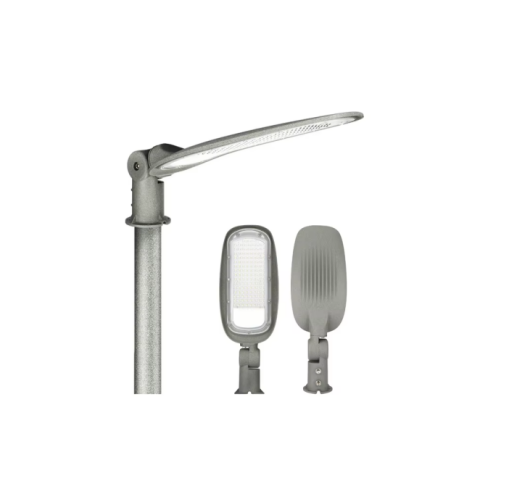 Door to Door by Ocean Freight Fixture Luminaries from China to Jeddah2025-09-28
Door to Door by Ocean Freight Fixture Luminaries from China to Jeddah2025-09-28 -
 Ocean Freight Service Sofa From China To Jebel Ali2025-09-26
Ocean Freight Service Sofa From China To Jebel Ali2025-09-26 -
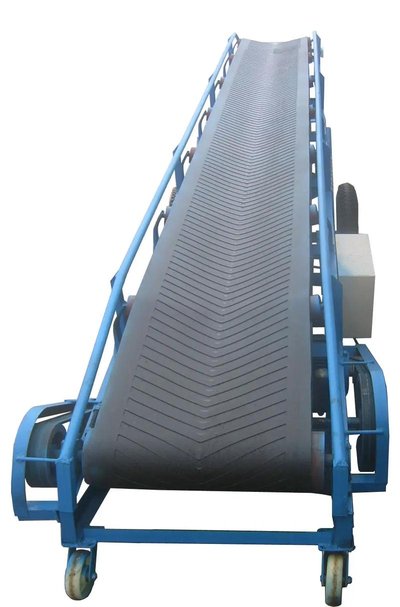 International Express Conveyor Belt From China To India2025-09-25
International Express Conveyor Belt From China To India2025-09-25 -
 Ocean Lcl Freight Service Medical Device From Shanghai to Jebel ali2025-09-25
Ocean Lcl Freight Service Medical Device From Shanghai to Jebel ali2025-09-25

